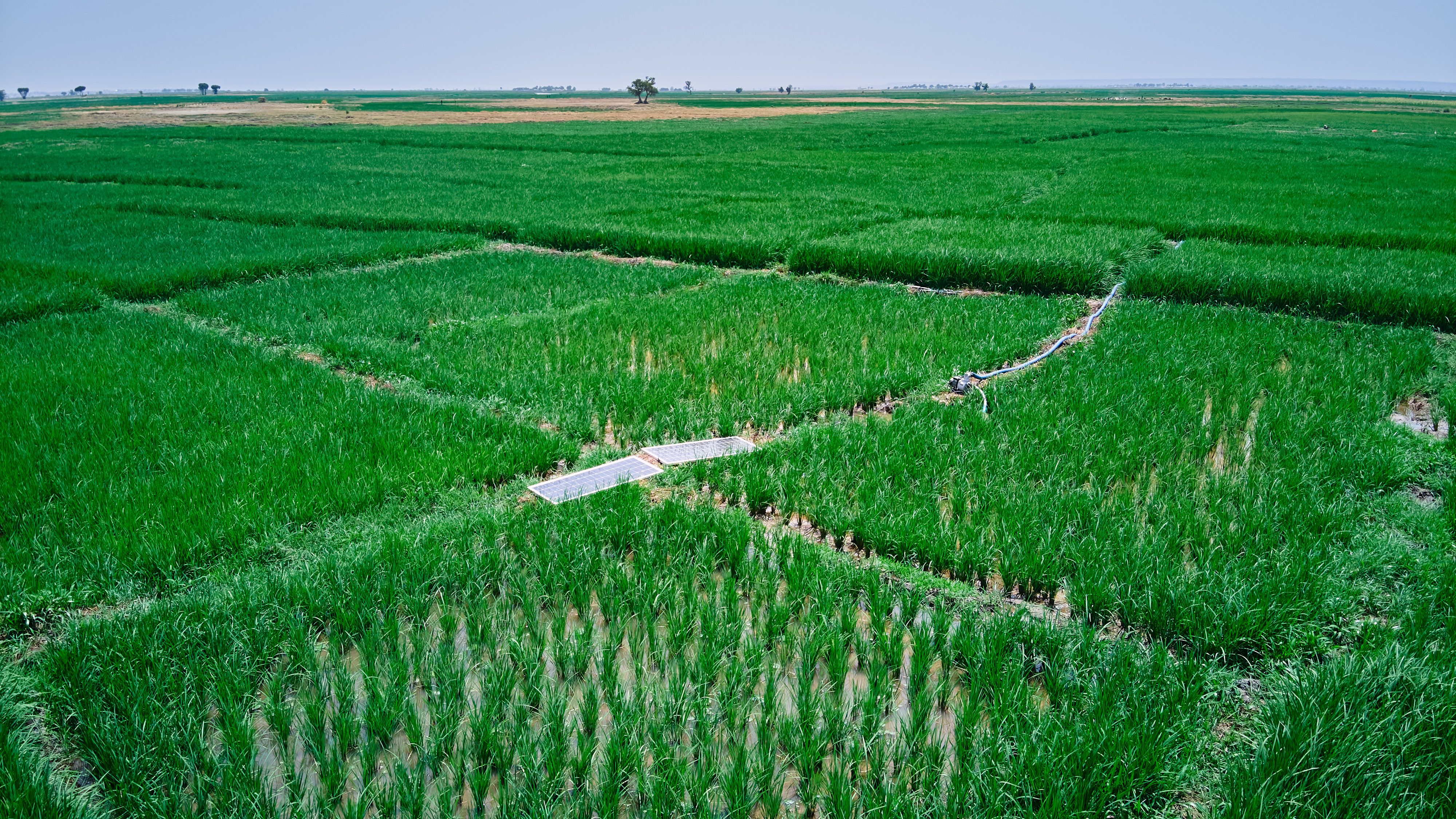Reading time:4 min read
How Project Clean Green is Redefining Food Security in Northern Nigeria
The World Food Programme estimates that 31 million Nigerians are already food insecure, with the burden heaviest in the north. Looking ahead, the World Bank warns that climate change could reduce Nigeria’s agricultural productivity by up to 25 percent by 2050. For farmers in northern Nigeria, this dual threat of worsening climate extremes and rising operating costs meant working harder than ever for smaller returns, which could be aptly described as ‘trapped in a cycle of survival rather than growth’.
Why Sustainable Agriculture is no longer optional
Sustainable agriculture is not just a concept; it is a lifeline. At its core, it integrates climate-smart and regenerative farming practices with financial resilience tools, enabling smallholder farmers to adapt, regenerate ecosystems, and sustain reliable incomes. This is precisely what Project Clean Green, a collaboration between AFEX, Shell Foundation and FCDO, set out to test with 3,600 farmers in its 2024 pilot. The pilot focus: productive use of energy (PUE) solutions, beginning with solar-powered irrigation as an accessible entry point to lower costs, reduce exposure to volatile fuel prices, and secure more predictable harvests.

Designing for Smallholders Realities
The pilot was deliberately shaped around three field-tested principles:
- Pumps must meet daily water needs without oversizing the asset.
- Pumps should draw from both surface water and shallow wells, given shifting water sources during the dry season.
- Design should feel familiar, mirroring petrol pumps, to reduce learning curves and build trust.
Hardware was only a part of the equation. Project Clean Green introduced a blended input and finance model to overcome two critical barriers: upfront affordability and recurring fuel costs, and by spreading repayments across planting seasons, and training farmers in use and maintenance adoption took root quickly.
The Economics Case: Why Farmers Paid Ahead of Schedule
Repayments were structured over two years with 25 percent due each planting season. Yet, many farmers voluntarily paid more than required, with some clearing half their balance in the first season. Their rationale was simple: Eliminating weekly fuel purchases freed up cashflow. Predictable irrigation schedules reduced crop stress and stabilised yields. The lessons learned: when technologies simultaneously lower costs and improve resilience, farmers not only repay, but they also reinvest.
Farmers’ Stories Bring the Numbers to life
Argungu, Kebbi – Jafar Muhammad: Owned and managed a one-hectare rice farm and eliminated daily fuel use of over five liters. Solar irrigation stabilised costs and de-risked the exposure to fuel scarcity. Kokobese, Kebbi – Danjuma Umar: Expanded his farm from five to nine hectares, achieved a 44 percent increase in yield, and relied on consistent pump performance with no breakdowns. These on-the-ground experiences and farmers’ voices underline a critical point: adoption is rapid when solutions match farmers’ daily realities.

What the Pilot Revealed Beyond the Successes
While year one achieved 100 percent repayment beyond expectations, it also revealed systemic barriers to scale: • Supply chain gaps: Limited vendors and after-sales support slow expansion. • Insurance blind spots: Assets like pumps fell outside the traditional coverage. • Farm fragmentation: Scattered plots and poor infrastructure complicated transport and logistics. • Gender barriers: Women farmers faced higher hurdles in accessing finance and equipment despite strong interest.
Why Productive Use of Energy Matters Now
Across Africa, PUE technologies are redefining what energy access means, not just light bulbs, but income-generating tools. For Nigeria’s farmers, the ability to irrigate, process, and store crops with clean energy often determines whether farming stays subsistence-based or becomes a growth path. Project Clean Green shows that when affordability, reliability, and training align, adoption is not just possible, it is inevitable.
Moving Forward
To build on pilot momentum, the Clean Green team is focusing on four critical enablers: • Expanding vendor and technician networks to strengthen supply and after-sales services. • Brokering partnerships with insurers and financiers to design farmer-centred products covering theft, damage, and seasonal repayment cycles. • Testing additional PUE solutions beyond irrigation, to meet broader productivity needs of smallholders. • Embedding gender-responsive strategies so that women farmers can access, own, and benefit from clean energy assets.
The Takeaway for Food Security in Nigeria
Project Clean Green’s pilot offers a clear lesson: when smallholders are given the right tools, finance, and training, they adopt quickly and repay faithfully. Scaling these models could unlock not just higher yields, but a more resilient, low-carbon agricultural future in northern Nigeria.
